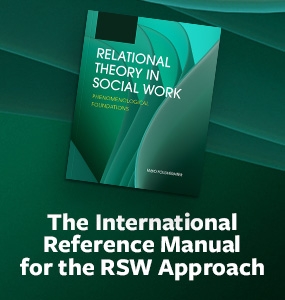Social work with older persons: The case of Eswatini and Zimbabwe
Jotham Dhemba, Tatenda G. Nhapi
Although customarily, filial piety was the bedrock of care and support for older persons in Eswatini and Zimbabwe, forces of globalisation, modernisation, urbanisation and the economic headwinds buffeting these countries have collapsed this age-old kinship system. The reciprocal relationships which existed between members of the extended family and their older relatives, who acted as figureheads, matriarchs or patriarchs for the clan or family group have been destabilised, thereby exposing them to vulnerability. Also exacerbating their plight is the fragmented and rudimentary nature of social protection measures for older persons in these countries. Resultantly, older persons in Eswatini and Zimbabwe are vulnerable to poverty, ill-health, abandonment and neglect, and abuse, among others. This is paradoxical, given that longevity should be celebrated as one of the greatest achievements of modern times. Older persons are thus victims of living long, thereby denying society of this demographic dividend. This paper interrogates formal and non-formal systems of care for older persons in Eswatini and Zimbabwe, through a relational lens. The article is based on literature scoping and review of policy documents as its primary methodology.
Keywords
Ageing, Eswatini, older persons, relational theory, social work, Zimbabwe.




